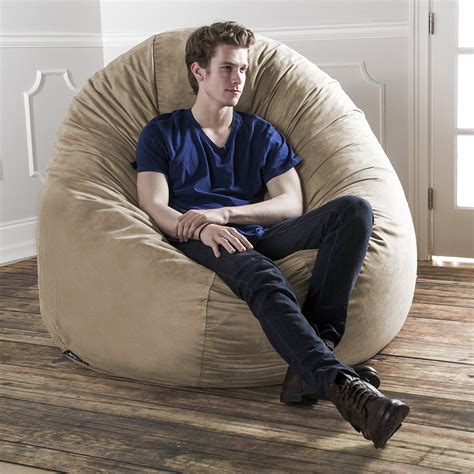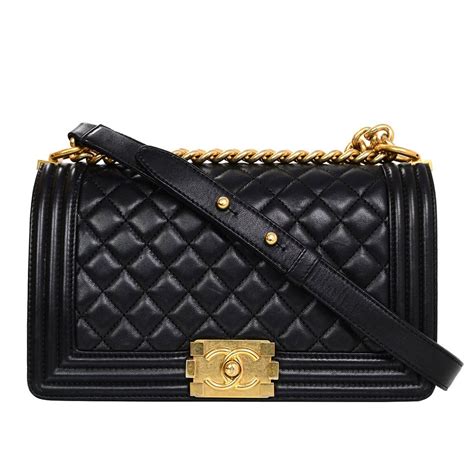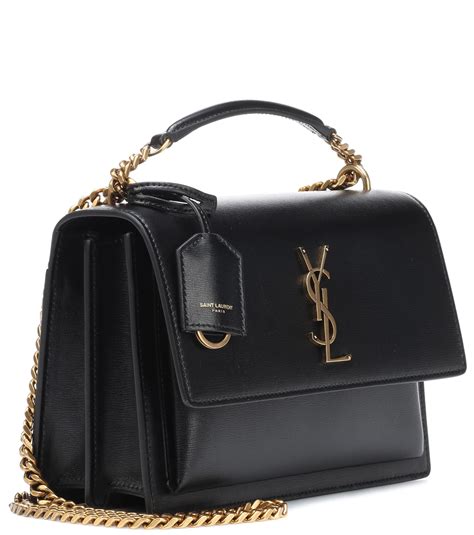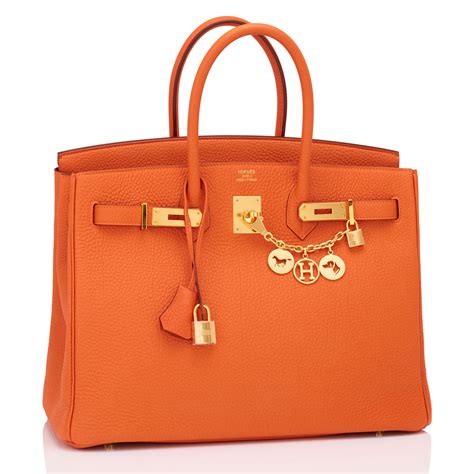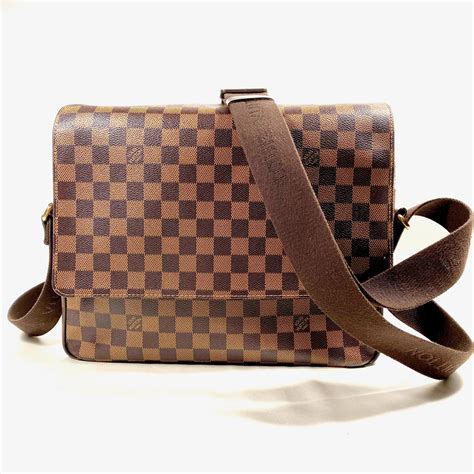cultural challenges michael kors can potentially face | Michael Kors brands
$239.00
In stock
Michael Kors, the globally recognized fashion house, has carved a significant niche in the luxury and accessible luxury markets. Known for its ready-to-wear, accessories, and fragrance lines, the brand enjoys considerable brand recognition and a loyal customer base. However, like any major fashion player navigating an increasingly complex and culturally nuanced global marketplace, Michael Kors faces a range of potential cultural challenges that could impact its future success. This article will explore these challenges, drawing on various aspects of the Michael Kors brand, its history, and its potential future direction, touching on relevant areas such as brand perception, design criticism, and the evolving expectations of consumers in different cultural contexts.
The Double-Edged Sword of Brand Recognition and Repetitive Design
One of the most significant cultural challenges facing Michael Kors is the perception of its brand, particularly concerning design choices and color palettes. While brand recognition is undoubtedly an asset, it can quickly become a liability if associated with stagnation or a perceived lack of innovation. Critics have often pointed to the repetitive nature of certain Michael Kors designs, especially in handbags and accessories. The overuse of similar silhouettes, hardware, and color schemes, while contributing to a consistent brand aesthetic, can also lead to consumer fatigue and the impression that the brand is not evolving to meet changing tastes.
This issue is exacerbated by the rise of social media and the proliferation of fast fashion. Consumers are constantly exposed to new trends and innovative designs, creating a heightened expectation for novelty and originality. When a brand, even a well-established one, is perceived as relying too heavily on past successes without embracing fresh ideas, it risks losing relevance and appeal, particularly among younger and more trend-conscious demographics.
The challenge lies in finding the right balance between maintaining a recognizable brand identity and injecting sufficient creativity and innovation to keep the offerings fresh and exciting. This requires a deep understanding of evolving consumer preferences, cultural nuances, and the competitive landscape.
Negative Publicity and Its Impact on High-End Consumers
Negative publicity, stemming from various sources, can significantly damage a brand's reputation and deter high-end consumers. This can range from ethical concerns about labor practices or environmental sustainability to criticism of marketing campaigns or controversial statements made by the designer or brand representatives. In today's hyper-connected world, news and opinions travel quickly, and a single misstep can quickly escalate into a full-blown public relations crisis.
High-end consumers are particularly sensitive to brand image and values. They are often willing to pay a premium for products that align with their personal beliefs and aspirations. If a brand is perceived as unethical, insensitive, or out of touch, it can quickly lose favor with this discerning customer segment.
Michael Kors, like any major brand, must be vigilant in managing its public image and addressing any potential controversies proactively. This requires a commitment to ethical sourcing, sustainable practices, and inclusive marketing campaigns. Transparency and accountability are crucial in building and maintaining trust with consumers.
Navigating Diverse Cultural Landscapes: The Key to Global Success
Expanding into new markets requires a deep understanding of local cultures, traditions, and consumer preferences. What works in one country may not resonate in another. Michael Kors, as a global brand, faces the challenge of adapting its products and marketing strategies to appeal to diverse audiences without compromising its core brand identity.
This requires careful consideration of factors such as:
* Design Aesthetics: Color preferences, silhouettes, and embellishments can vary significantly across cultures. A design that is considered fashionable in one region may be deemed inappropriate or unappealing in another.
* Marketing Messages: Advertising campaigns must be culturally sensitive and avoid stereotypes or cultural appropriation. The language, imagery, and models used in marketing materials should reflect the diversity of the target audience.
* Pricing Strategies: Pricing must be adjusted to reflect local economic conditions and consumer purchasing power. What is considered affordable luxury in one market may be prohibitively expensive in another.cultural challenges michael kors can potentially face
* Distribution Channels: The choice of retail outlets and online platforms should align with local consumer habits and preferences.
Failing to adapt to local cultural nuances can result in missteps that damage the brand's reputation and hinder its success in new markets.
The Rise of Conscious Consumerism and Sustainability Concerns
Increasingly, consumers are demanding greater transparency and accountability from brands regarding their environmental and social impact. They are more likely to support companies that prioritize sustainability, ethical sourcing, and fair labor practices. Michael Kors, like other fashion brands, faces the challenge of adapting to this shift towards conscious consumerism.
This requires implementing sustainable practices throughout the supply chain, from sourcing raw materials to manufacturing and distribution. It also involves being transparent about the brand's environmental footprint and social impact.
Specifically, Michael Kors needs to address concerns related to:
* Material Sourcing: Transitioning to more sustainable materials, such as recycled fabrics and organic cotton.
* Manufacturing Processes: Reducing water and energy consumption in manufacturing facilities.
* Labor Practices: Ensuring fair wages and safe working conditions for garment workers.
* Waste Management: Minimizing waste generation and promoting recycling and upcycling.
By embracing sustainability, Michael Kors can attract environmentally conscious consumers and enhance its brand image.
The Evolving Role of the Fashion Designer in the Digital Age
The role of the fashion designer has evolved significantly in the digital age. Designers are no longer just creative directors; they are also brand ambassadors, influencers, and public figures. Consumers expect designers to be accessible, engaging, and authentic.
Additional information
| Dimensions | 7.4 × 1.1 × 3.2 in |
|---|

